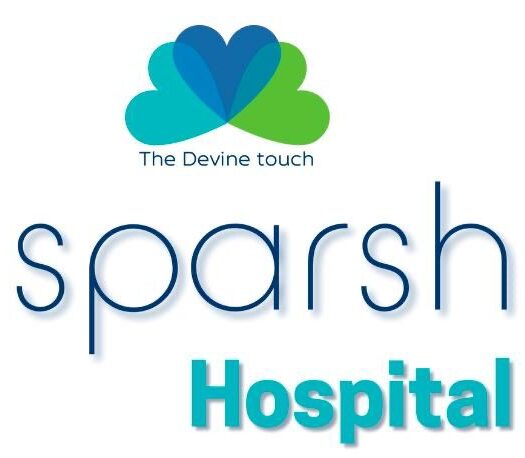Pregnancy comes with joy and surprises. Yet, it also brings certain health issues. One health concern mothers might face is cholestasis of pregnancy. Understanding this helps ensure the well-being of both mother and baby. Noting the warning signs can make a big difference in managing this condition effectively.
Defining Cholestasis of Pregnancy

Cholestasis of pregnancy is a liver condition unique to expectant mothers. It disrupts bile flow in the liver. This disruption causes bile acids to build up, leading to liver problems. Cholestasis of pregnancy typically arises during the third trimester. This condition can lead to significant discomfort and potential complications if unaddressed.
Causes and Risk Factors of Cholestasis
Hormonal changes are the main culprits in altering bile flow. Despite this, there is no exact known cause for cholestasis of pregnancy. The condition stems from hormone-induced disruption in the liver’s function. Certain factors heighten the risk, including:
- Family history of cholestasis of pregnancy
- Existing liver diseases
- Carrying twins or multiples
These risk factors may increase the chances of experiencing cholestasis during pregnancy.
Recognizing Symptoms of Cholestasis
Common symptoms include severe itching, striking intensively at night. This itching may affect the palms of the hands and soles of the feet. Jaundice, marked by yellowing skin and eyes, can appear, too. Other signs include unusually colored stools. In severe cases, there might be dark urine or, occasionally, mild abdominal pain. Understanding these symptoms helps in recognizing cholestasis of pregnancy early.
Implications for Maternal and Fetal Health
For mothers, cholestasis of pregnancy can be very uncomfortable and anxiety-inducing. More crucially, increased bile acids can pose risks to the baby. These risks include preterm birth or potential distress. Understanding these implications underscores the importance of timely diagnosis and proactive management.
Seeking Medical Attention: When and Why!
Doctors should be contacted if symptoms become apparent. Severe itching or any additional warning signs are crucial to report. Many pregnant women experience normal discomfort. Identifying when it transitions into a potential issue like cholestasis is key. Quick response to these symptoms aids in protecting both the mother and the baby.
Cultural Beliefs vs. Medical Insights in India

In India, beliefs about itching during pregnancy might lead to misconceptions. Cultural views often differ from medical findings. Itchiness could be attributed to myths. Yet, it is vital to base decisions on factual health insights. Informed choices, supported by medical guidance, enhance outcomes for mothers and babies.
Diagnosis Procedures and Expectations
Diagnosing cholestasis of pregnancy involves physical exams and blood tests. These tests assess bile acid levels in the blood. This distinguishes typical pregnancy-related itching from serious bile flow issues. Understanding these diagnostic steps helps set proper expectations for mothers facing these symptoms.
Managing and Treating Cholestasis of Pregnancy

Managing cholestasis of pregnancy aims at symptom relief and fetal protection. Medications may be prescribed to reduce bile acids. Early delivery options could be considered to prevent risks. Holistic lifestyle and home remedies, such as oatmeal baths and wearing loose-fitting clothes, can ease symptoms. These methods align naturally with Indian household practices.
Prevention and Lifestyle Recommendations
Prevention focuses on observing manageable lifestyle changes. Regular health check-ups help monitor well-being during pregnancy. Maintaining a balanced diet and keeping an active lifestyle are recommended. These measures and consistent communication with healthcare professionals can mitigate the risk of developing cholestasis of pregnancy.
Conclusion and Key Takeaways
Recognizing the signs and knowing management tips is essential. Constant communication with healthcare providers is vital. This condition can be alarming, yet proactive measures lead to improved outcomes. Mothers can find reassurance in understanding the challenges and steps required in addressing cholestasis of pregnancy. Patient diligence, along with professional support, ensures the best possible care for both mother and child, enhancing their well-being during this precious time.

